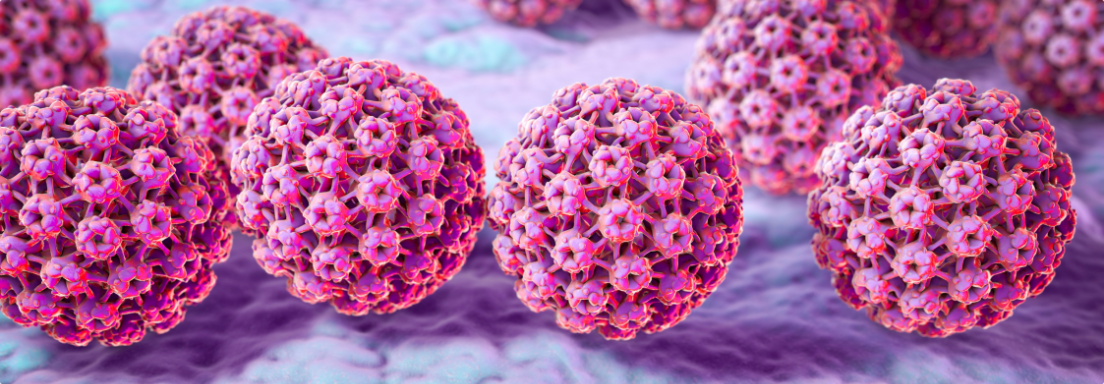
Back to Parent Page
Women’s Health
Introduction to Women’s Sexual Health
Sexual health is important for a woman’s well-being, whether you’re trying to prevent pregnancy and sexually transmitted infections or you’re worried about fertility or other problems related to woman’s sexual health. This means enjoying the sexual activity you want, safely, without causing you or anyone else any suffering, either physical or mental. If you need information or help there is loads of information on NHS websites.
You can also speak to a helpline or someone at your GP practice.








